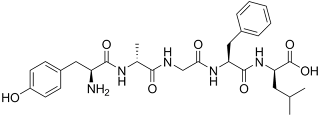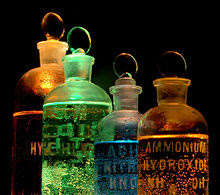In the last PLN,I found the use of chemistry in medication.
So, today I would like to talk about some specific medicine we may hear or know in our normal life.
Chemistry departments in hospital medical labs analyze blood, urine for proteins, sugars and other metabolic and inorganic substances. Electrolyte tests are a routine blood analysis, testing things like potassium and sodium. Most medications are involved with inhibiting a specific enzyme or the expression of a gene. Blocking an enzyme's active site requires a specifically designed "blocker" to disable the enzyme's function. Since enzymes are proteins, their functions differ based on shape and inhibitor drugs must be customized for each target enzyme.
Antidepressants are drugs used for the treatment of depression. Despite their name, they are often used to treat a wide range of other conditions, on- or off-label, such as anxiety disorders, obsessive compulsive disorder, eating disorders, chronic pain, neuropathic pain, and some hormone-mediated disorders such as opioid.
An opioid is a psychoactive chemical that works by binding to opioid receptors, which are found principally in the central and peripheral nervous system and the gastrointestinal tract. The receptors in these organ systems mediate both the beneficial effects and the side effects of opioids.
 Opioid is a series of medicines which contains lots of different drugs having similiar functions but not exactly same such as Adrenorphin and DADLE. Both of them will produce stimulus to human's brain but the specific function of the products are not same. The former one wil reduce the depression we have; the latter one is going to decrease the sensitivity of human.
Opioid is a series of medicines which contains lots of different drugs having similiar functions but not exactly same such as Adrenorphin and DADLE. Both of them will produce stimulus to human's brain but the specific function of the products are not same. The former one wil reduce the depression we have; the latter one is going to decrease the sensitivity of human.















